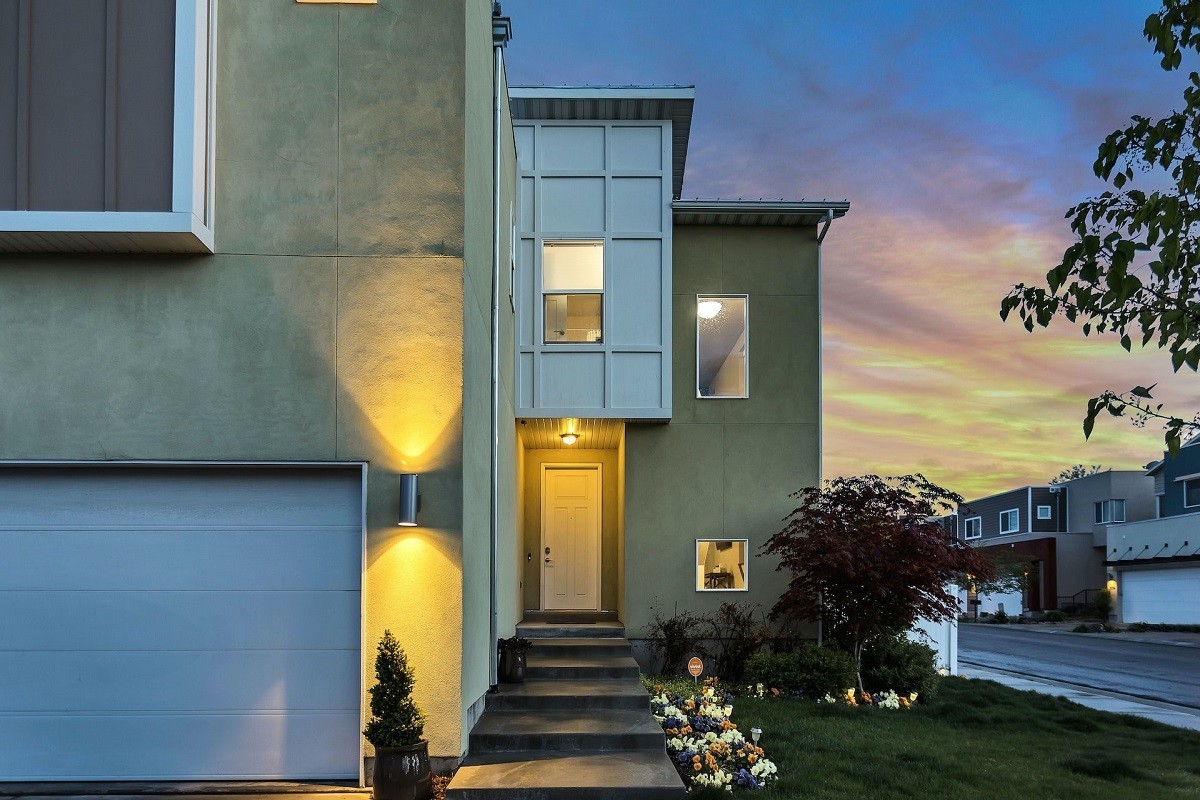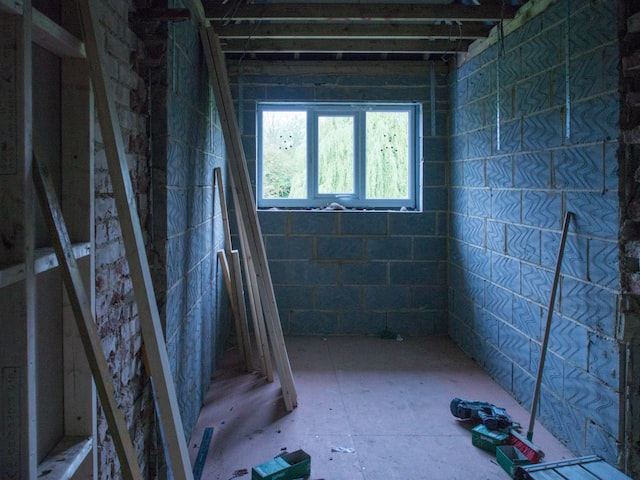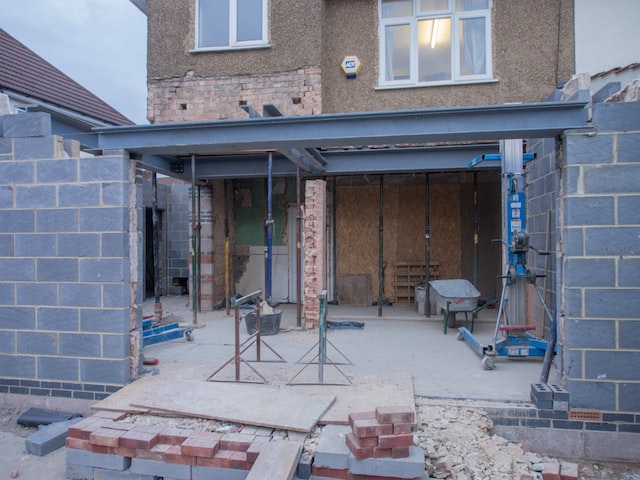Things You Need to Know Before Building a house extension

Building a house extension can be a complicated and expensive process. It is important to understand the permitting process, what is involved in the construction process, and the cost of building an extension. This article will provide you with the information you need to make an informed decision before beginning construction on a house extension. The extension of your home can provide you with extra living space, but it’s important to consider some key factors first.
Here are things to keep in mind before building an extension
1. What type of extension do you want?
There are many different types of extensions that you can build on your home and each has its own benefits. The most common types of extensions include a bay, a side or rear extension, or an end extension.
Bay extensions are typically found on homes with large, gabled roofs that have a bay window located at the front of the house. This type of extension is great for providing extra living space without drastically changing the look of your home.
A side or rear extension is typically a good option for adding space to a home that already has an existing basement. This type of extension can provide an extra living area as well as give you more flexibility in your interior design choices.
End extensions are often used in conjunction with an existing structure, such as a garage or shed. These types of extensions typically involve building up the end walls to create additional living space or storage space. An extension may be attached to the back of your home. Most often, this type of extension is used to provide more space for your laundry room or bathroom.
2-Do your research before house extension
House extensions can be a great way to increase the living space in your home. However, it is important to do your research before starting the process. There are a number of things to consider, such as the type of extension you want, the planning permission required, and the cost.
It is also important to think about how the extension will impact your home. For example, will it make your house too big for your neighbourhood? Will it block out light or overshadow neighbouring houses? Finally, make sure you get quotes from reputable builders and compare prices before making a decision.

3-Have a plan and be organized before the house extension
If you are considering an expansion to your home, it is important to plan ahead and be as organized as possible. By having a solid plan in place, you can avoid many of the common pitfalls associated with house extensions.
4-Choose the right materials before house extension
House extensions can be a great way to increase the living space in your home, but it’s important to choose the right materials before starting the project. Wood is a popular choice for house extensions, as it’s durable and easy to work with, but it can be expensive and may not be suitable for all climates. Steel and concrete are other popular materials for house extensions, but they can be heavy and difficult to work with.
Before choosing a material for your house extension, consider your budget, climate, and construction skills. If you’re not confident in your construction skills, it may be wise to choose a material that is easier to work with. Also, consider the long-term costs of maintaining different types of materials. Wood may require periodic painting or staining, while steel and concrete may need periodic repairs or replacement.
5-Get permits, if necessary before house extension
House extensions can provide extra living or working space, but they also require permits in most municipalities. If you’re thinking about an extension, find out what kind of permits you need and start the application process as soon as possible. That will give you enough time to complete all the necessary paperwork and inspections.
6-Make sure the extension is properly insulated
When you are installing an extension, it is important to make sure that the extension is properly insulated. You can do this by using insulation tape or by using spray foam insulation. If you are using insulation tape, make sure that you wrap the tape around the extension several times. If you are using spray foam insulation, make sure that you spray the insulation in all of the cracks and crevices. This will help to keep the extension warm in the winter and cool in the summer.

Conclusion
In conclusion, there are many things to think about when planning a house extension. By planning ahead and doing your research, you can ensure that your extension is executed flawlessly and meets your needs.




